






5-Star Service, Trusted & Loved by Hundreds
Your Appraiser Search Ends Here
Your Appraiser Search Ends Here
.avif)

Nationwide Coverage – Appraisals Anywhere in the US

Get it done Onsite or Online

Any Asset, Covered

Defensible for Any Purpose
Frequently Asked
Questions
No Frequently Asked Questions Found.
At its core, a tax deduction represents an expense that can be subtracted from total income before calculating the final tax owed. These deductions come in various forms, each with specific qualifying criteria and implications for taxpayers. Key categories include personal expenses like mortgage interest and medical costs, business operational expenses, itemized deductions, and charitable contributions.
Personal deductions cover a wide range of expenses, from housing-related costs to healthcare expenditures. Business owners can offset their taxable income by deducting ordinary and necessary operational expenses such as rent, utilities, and supplies. Taxpayers also have the option to choose between taking a standard deduction or itemizing their expenses, depending on which approach provides the most financial benefit.
Charitable contributions offer another valuable avenue for tax deductions. Donations to qualified organizations not only support meaningful causes but also provide potential tax advantages. However, it's important to understand that deductions reduce taxable income, not the tax bill directly. For instance, a deduction in the 22% tax bracket would lower tax obligations by 22 cents for every dollar deducted.
Navigating tax deductions requires careful attention to evolving tax laws, eligibility requirements, and specific limitations. Tax regulations frequently change, making it essential for taxpayers to stay informed about current guidelines and potential opportunities for tax optimization.
Understanding and strategically applying tax deductions can significantly impact an individual's or business's financial health. While the process can be complex, these deductions represent a legitimate and valuable tool for managing tax responsibilities and potentially reducing overall tax burden.
A comprehensive appraisal provides more than just a number—it offers a detailed, defensible valuation that can withstand potential IRS scrutiny. Qualified appraisers conduct thorough assessments that consider market trends, asset condition, comparable sales, and specific nuanced factors unique to the item being valued.
For charitable donations, the IRS mandates precise documentation of non-cash contributions. A professional appraisal ensures that the claimed deduction reflects the true fair market value, potentially maximizing tax benefits while maintaining legal integrity. This becomes especially crucial for significant assets like real estate, artwork, collectibles, or business-related properties.
Beyond immediate tax advantages, a well-prepared appraisal provides critical protection during potential audits. The documented evaluation serves as authoritative evidence, offering clarity and substantiation for declared asset values. This can prevent costly disputes and provide peace of mind throughout the tax filing process.
Complex financial scenarios—including estate planning, business transactions, and significant asset transfers—particularly benefit from expert appraisal services. These evaluations offer a comprehensive understanding of asset values, ensuring accurate reporting and strategic financial planning.
Ultimately, a professional appraisal represents an investment in financial accuracy and compliance. By leveraging expert valuation services, taxpayers can confidently navigate the intricate landscape of tax deductions while protecting their financial interests.
Professional appraisers conduct an in-depth examination that considers several key elements: equipment age, operational condition, accumulated usage hours, specific brand and model characteristics, and current market dynamics. Each factor is carefully weighted to generate an accurate representation of the asset's true worth.
The appraisal process begins with a detailed physical inspection, where experts methodically evaluate the equipment's structural integrity, mechanical functionality, and overall performance potential. Maintenance records play a crucial role, offering insights into the equipment's historical care and potential longevity. Well-maintained machinery typically commands a higher valuation, reflecting the diligence of its previous owners.
Comparative market analysis forms another cornerstone of the appraisal methodology. Appraisers cross-reference the equipment against recent sales of similar machinery, ensuring the valuation reflects current market conditions and industry trends. This approach provides a nuanced, data-driven perspective that goes beyond surface-level assessments.
Different sectors leverage construction equipment appraisals for varied purposes. Contractors use these evaluations to make strategic decisions about equipment acquisition or disposition. Financial institutions rely on precise valuations to assess lending risks and determine appropriate financing terms. Rental companies depend on these assessments for fleet management and insurance purposes.
Ultimately, a construction equipment appraisal represents a complex intersection of technical expertise, market knowledge, and financial analysis. It provides stakeholders with a reliable, objective assessment that supports informed decision-making in an ever-evolving industry landscape.
Detailed digital assessments typically involve clients submitting high-quality photographs and comprehensive equipment specifications. Appraisers carefully analyze these submitted materials, examining equipment condition, age, operational history, and market comparability factors. This method allows for precise evaluation without requiring physical presence.
Interactive online appraisal options have expanded, leveraging video conferencing platforms like Zoom, Google Meet, and Skype. These live sessions enable real-time equipment examination, allowing appraisers to request specific angles, discuss unique features, and conduct thorough visual inspections with clients.
The digital appraisal process offers significant advantages, including dramatically reduced turnaround times and elimination of geographical constraints. Clients can receive professional assessments quickly and conveniently, without scheduling complex in-person meetings or incurring additional travel expenses.
Modern appraisal techniques incorporate advanced technological tools and professional expertise to deliver accurate, reliable equipment valuations. By combining detailed documentation, visual evidence, and professional analysis, online construction equipment appraisals provide comprehensive insights that meet industry standards and client expectations.
Certified general appraisers offer the broadest expertise, holding comprehensive licenses that enable them to assess virtually any type of heavy machinery. Their deep market knowledge allows for nuanced valuations of complex and high-value equipment, making them invaluable for comprehensive assessments.
Licensed equipment appraisers focus specifically on machinery valuation, developing deep expertise in construction equipment like excavators, bulldozers, and cranes. Their specialized knowledge ensures precise evaluations that account for industry-specific factors, regulatory compliance, and detailed condition assessments.
Industrial appraisers bring a strategic perspective, examining equipment within the broader context of manufacturing and construction operations. They excel at understanding how machinery integrates into industrial ecosystems, providing holistic valuations that consider operational capabilities and market positioning.
Cost approach appraisers utilize a methodical replacement value strategy, calculating equipment worth based on reproduction costs and accounting for depreciation. This approach proves particularly effective for new or unique machinery, offering a scientific basis for valuation.
Market approach appraisers leverage comparative sales data, analyzing recent transactions to determine fair market value. By examining factors like age, condition, and brand reputation, they provide insights that reflect current market dynamics and competitive pricing trends.
Auction appraisers specialize in evaluating equipment within the unique context of sales environments. Their expertise in predicting auction performance helps buyers and sellers understand potential market values, drawing from historical sales data and current industry trends.
Selecting the right appraiser depends on specific assessment needs, equipment type, and valuation objectives. Understanding these professional distinctions empowers businesses and individuals to make informed decisions about their construction equipment assets.
Financial decision-makers rely on equipment appraisals to understand the true economic landscape of their assets. By establishing precise market values, companies can make informed choices about equipment maintenance, replacement, and potential divestiture. These evaluations capture nuanced details about depreciation, current market conditions, and potential future value trajectories.
Insurance and risk management represent another crucial dimension of equipment appraisals. Accurate valuations ensure appropriate coverage levels, protecting organizations from potential financial vulnerabilities in case of unexpected equipment loss or damage. This proactive approach mitigates potential economic disruptions and provides a clear framework for claims processes.
Lending institutions and financial partners frequently require professional equipment appraisals when considering financing or leasing arrangements. A comprehensive, objective assessment provides credibility and transparency, potentially securing more favorable lending terms and demonstrating the organization's financial sophistication.
Tax planning and compliance represent additional significant benefits of professional equipment appraisals. Whether addressing charitable donations, estate planning, or annual tax reporting, precise valuations help organizations maximize potential tax advantages while maintaining regulatory adherence.
Strategic asset management emerges as a fundamental outcome of regular equipment appraisals. By tracking equipment value over time, businesses can develop more intelligent procurement strategies, anticipate replacement cycles, and optimize their capital investment approaches.
Ultimately, construction equipment appraisals transcend simple monetary calculations. They represent a holistic tool for financial strategy, risk management, and organizational planning, enabling more sophisticated and informed decision-making across multiple business dimensions.
Why Do Construction Equipment Appraisals Matter for Tax Purposes?
Why Construction Equipment Appraisals Are Critical for Tax Management
Construction equipment appraisals are a strategic financial tool that directly impacts a company's tax reporting, deduction potential, and overall financial health. Understanding the nuanced role of equipment valuation can help businesses optimize their tax strategy and financial decision-making.
Key Tax Benefits of Equipment Appraisals
- Accurate Depreciation Claims: A professional appraisal provides documented evidence of equipment value, enabling precise depreciation reporting that meets IRS standards.
- Section 179 Expense Validation: Appraisals substantiate equipment value for potential full-year deduction claims, ensuring compliance with tax code requirements.
- Asset Tracking and Financial Planning: Regular valuations create a comprehensive inventory record that supports strategic business decisions.
Strategic Advantages of Comprehensive Equipment Valuation
- Audit Protection: Detailed appraisals provide robust documentation that can defend against potential IRS scrutiny.
- Negotiation Support: Accurate market values enhance negotiations during equipment sales or trade-ins.
- Financial Transparency: Consistent valuations offer clear insights into asset worth and depreciation over time.
Essential Considerations for Construction Companies
Implementing a systematic approach to equipment appraisal involves more than just tax compliance. It represents a proactive financial management strategy that can:
- Optimize tax deduction opportunities
- Provide clear asset valuation for financial statements
- Support informed capital investment decisions
- Maintain accurate financial records
By treating equipment appraisals as a critical financial tool, construction businesses can transform a routine tax requirement into a strategic advantage for long-term financial planning and growth.
Key Benefits of Strategic Equipment Valuation
Understanding the Strategic Value of Equipment Valuation in Construction
Strategic equipment valuation is a critical financial practice that offers construction businesses multiple strategic advantages. By comprehensively understanding asset values, companies can unlock significant financial and operational benefits.
Key Financial Benefits
- Maximize Tax Deductions: Precise equipment appraisals enable businesses to:
- Accurately calculate equipment depreciation
- Reduce taxable income through strategic deduction strategies
- Leverage tax laws to optimize financial performance
- Enhance Asset Management: Regular valuations provide critical insights for:
- Tracking equipment value over time
- Making informed decisions about repairs and replacements
- Preventing unnecessary maintenance expenditures
Strategic Planning and Risk Mitigation
- Improved Financial Forecasting:
- Create more accurate budgets
- Inform investment decisions in new technologies
- Support long-term financial sustainability
- Risk Management:
- Ensure accurate insurance claim compensation
- Provide credible asset documentation for potential investors
- Demonstrate financial health and strategic asset management
By implementing strategic equipment valuation, construction businesses can transform asset management from a routine task into a powerful financial optimization strategy.
Navigating IRS Guidelines for Equipment Tax Deductions
Understanding IRS Guidelines for Construction Equipment Tax Deductions
Navigating tax deductions for construction equipment requires a strategic approach to maximize financial benefits while ensuring compliance with IRS regulations.
Two Primary Tax Deduction Methods
- Depreciation: A gradual cost allocation method
- Section 179 Expensing: Immediate full-cost deduction
Depreciation Strategy
Depreciation allows businesses to systematically write off equipment costs over its useful lifecycle:
- Typical depreciation period: 5-15 years
- Calculation method: Modified Accelerated Cost Recovery System (MACRS)
- Enables accelerated write-offs in early asset years
Key Documentation Requirements
- Maintain precise purchase records
- Track maintenance costs
- Document operational dates
- Preserve purchase receipts and invoices
Section 179 Expensing Qualifications
Key criteria for immediate equipment deduction:
- Equipment must be purchased for business purposes
- Must be titled in the business name
- Can be new or used equipment
- Subject to annual IRS limit updates
Best Practices for Tax Deduction Success
- Conduct regular equipment appraisals
- Establish clear fair market value documentation
- Stay informed about current tax year limits
- Consider consulting tax professionals for complex scenarios
Strategically managing equipment tax deductions requires meticulous record-keeping and a comprehensive understanding of IRS guidelines. Proactive documentation and ongoing tracking can significantly optimize your tax positioning.
What Construction Equipment Qualifies for Appraisal?
Construction equipment represents a significant investment for businesses, and understanding what qualifies for appraisal is crucial for maximizing potential tax benefits. A comprehensive appraisal helps determine the precise fair market value of construction assets, enabling strategic financial planning.
Categories of Construction Equipment Eligible for Professional Appraisal
1. Heavy Machinery Assets
- Excavators: Versatile earth-moving machines that play a critical role in construction and infrastructure projects
- Bulldozers: Powerful earth-moving equipment with substantial operational significance
- Cranes: Essential lifting equipment, including mobile and stationary tower configurations
2. Earthmoving Equipment
- Loaders: Including backhoe and front-end varieties critical for material handling
- Dump Trucks: Specialized transportation vehicles for loose material management
3. Concrete Processing Equipment
- Concrete Mixers: Ready-mix trucks and batch plants integral to construction processes
- Concrete Pumps: Precision equipment for efficient material placement
4. Specialized Construction Equipment
- Paving Machines: Precision equipment for road and surface construction
- Scaffolding and Formwork: Structural support systems essential for project safety and efficiency
A comprehensive equipment appraisal offers multiple financial advantages, including:
- Accurate tax deduction calculations
- Enhanced understanding of asset value
- Improved financial reporting
- Support for loan applications and investor relations
Proper documentation and professional appraisal ensure businesses maximize their tax benefits while maintaining full compliance with current regulations.
Preparing for a Comprehensive Equipment Valuation
Preparing for a Comprehensive Equipment Valuation
When it comes to construction equipment appraisal for tax deduction purposes, preparation is key to ensuring an accurate and beneficial evaluation. A comprehensive equipment valuation goes beyond simply assessing market value; it requires a strategic approach that considers multiple critical factors.
Essential Preparation Strategies
- Comprehensive Documentation Gathering
- Collect all purchase invoices
- Compile detailed maintenance records
- Retrieve previous equipment appraisals
- Organize ownership documentation
- Thorough Equipment Condition Assessment
- Evaluate physical condition meticulously
- Document operational performance
- Create high-quality visual records (photographs and videos)
- Track recent repairs and upgrades
- Detailed Usage Analysis
- Calculate total operational hours
- Review project completion records
- Assess intensity and frequency of equipment use
- Understand impact on equipment depreciation
- Market Trend Research
- Monitor current equipment market conditions
- Track industry-specific valuation trends
- Understand regional equipment demand
- Analyze comparative market values
- Professional Expertise Consultation
- Seek specialized equipment appraisal professionals
- Ensure compliance with tax regulations
- Obtain expert insights on valuation methodologies
- Validate appraisal accuracy
Meticulous preparation transforms the equipment appraisal process from a routine task to a strategic financial opportunity. By systematically addressing documentation, condition, usage, market trends, and professional guidance, property owners can maximize potential tax benefits while maintaining rigorous compliance standards.
Key Takeaways
- Comprehensive preparation is crucial for accurate equipment valuation
- Documentation and detailed records significantly impact appraisal outcomes
- Professional expertise provides critical insights and validation
- Strategic approach ensures maximum tax deduction potential
What Really Happens During an Equipment Appraisal?
An equipment appraisal is a systematic process designed to determine the precise market value of construction machinery and tools, specifically tailored for tax deduction purposes. This comprehensive evaluation is crucial for businesses seeking to optimize their tax benefits while ensuring strict regulatory compliance.
Key Steps in the Equipment Appraisal Process
1. Initial Information Gathering
The appraisal begins with collecting critical details about the equipment, including:
- Equipment age
- Manufacturer and model
- Current physical condition
- Operational history
2. Comprehensive Physical Inspection
Professional appraisers conduct a meticulous on-site examination, focusing on:
- Overall equipment condition
- Functional capabilities
- Visible wear and tear
- Potential repair or maintenance requirements
- Structural or operational modifications
3. Advanced Valuation Methodologies
Appraisers employ three primary valuation approaches to ensure accuracy:
- Market Approach: Compares the equipment against recent sales of similar items to establish a competitive market value
- Cost Approach: Calculates replacement costs while accounting for depreciation and current market conditions
- Income Approach: Evaluates potential future earnings for income-generating equipment
4. Comprehensive Reporting
The final appraisal report encompasses:
- Precise equipment valuation
- Detailed methodology explanation
- Supporting market data
- Professional assessments and assumptions
A professional equipment appraisal provides businesses with a strategic financial tool, enabling more informed tax planning and asset management decisions.
Critical Factors Driving Construction Equipment Value
Comprehensive Factors Influencing Construction Equipment Valuation
Construction equipment valuation is a nuanced process involving multiple critical considerations. Understanding these key factors enables equipment owners to make informed decisions about their assets and maximize potential tax benefits.
1. Equipment Age and Condition
- Machinery age directly impacts market value
- Newer equipment typically commands higher prices
- Well-maintained older equipment can retain substantial value
- Overall condition encompasses:
- Structural integrity
- Mechanical performance
- Visible wear and tear
- Required repair considerations
2. Brand and Model Reputation
- Manufacturer reputation significantly influences equipment valuation
- Brands known for reliability typically maintain higher resale values
- Key reputation factors include:
- Manufacturing quality
- Performance consistency
- Historical durability
- Industry recognition
3. Current Market Dynamics
- Market demand fluctuates based on economic conditions
- Industry-specific trends impact equipment valuation
- Critical market considerations include:
- Economic infrastructure investment
- Regional construction activity
- Technological advancements
- Supply chain dynamics
4. Comprehensive Maintenance Documentation
- Detailed service history enhances equipment value
- Documented maintenance demonstrates equipment care
- Key documentation elements:
- Regular inspection records
- Repair and replacement logs
- Preventative maintenance schedules
- Professional service certifications
5. Attachments and Functional Versatility
- Additional attachments increase equipment utility
- Versatile machinery attracts broader market interest
- Value-adding attachment considerations:
- Compatibility with base equipment
- Expanded operational capabilities
- Industry-specific functionality
- Replacement/upgrade potential
Comprehensive understanding of these valuation factors provides equipment owners with strategic insights for maximizing asset potential and navigating complex tax deduction landscapes.
How to Select the Most Qualified Equipment Appraiser
Key Factors for Selecting a Qualified Equipment Appraiser
Choosing the right equipment appraiser is critical for accurate valuations that support tax deduction strategies. Consider these essential criteria when selecting a professional:
Experience and Expertise
- Specialized Industry Knowledge: Prioritize appraisers with deep understanding of construction equipment markets, including:
- Current market trends
- Equipment value determinants
- Sector-specific valuation nuances
- Professional Credentials: Verify credible certifications such as:
- Certified Equipment Appraiser (CEA)
- Accredited professional organization memberships
- Recognized industry certifications
Valuation Methodology
- Comprehensive Valuation Approaches: A qualified appraiser should demonstrate expertise in multiple valuation methods:
- Cost approach
- Income approach
- Market comparison approach
- Look for professionals who can clearly explain their specific valuation strategy and its relevance to your equipment
Professional Reputation
- Validation through Client Feedback:
- Review client testimonials
- Check professional references
- Evaluate past performance and client satisfaction
- Professional Standing:
- Membership in recognized associations
- American Society of Appraisers (ASA) affiliation
- Demonstrated commitment to industry standards
Communication and Transparency
- Clear and Open Communication:
- Willingness to answer detailed questions
- Transparent explanation of appraisal process
- Accessibility throughout the valuation
- Comprehensive Documentation:
- Detailed written reports
- Explicit valuation rationale
- Supporting documentation for tax purposes
By carefully evaluating these critical aspects, you can select an equipment appraiser who provides accurate, reliable valuations that support your financial and tax planning objectives.
Costly Pitfalls to Sidestep in Equipment Appraisals
Critical Considerations for Accurate Construction Equipment Appraisals
Navigating equipment appraisals for tax deduction purposes requires strategic planning and meticulous attention to detail. Understanding potential challenges can help businesses maximize their appraisal value while maintaining strict compliance.
Key Pitfalls to Avoid
- Appraiser Selection: Choosing an unqualified or inexperienced appraiser can result in:
- Inaccurate equipment valuations
- Inflated or undervalued assessments
- Compromised tax deduction potential
- Documentation Gaps: Incomplete record-keeping can significantly impact appraisal accuracy:
- Maintain comprehensive maintenance logs
- Preserve original purchase invoices
- Document all equipment modifications
- Market Value Considerations: Neglecting current market dynamics can lead to unrealistic valuations:
- Track industry demand trends
- Consider economic conditions
- Assess technological advancements
Strategic Timing and Compliance
Equipment values fluctuate based on seasonal demands and market conditions. Timing your appraisal strategically can optimize tax deduction opportunities. Moreover, staying informed about local, state, and federal regulations is crucial to prevent potential legal complications.
Proactive Approach Recommendations
- Select a specialized construction equipment appraiser
- Gather comprehensive documentation
- Conduct thorough market research
- Understand seasonal market variations
- Stay updated on tax regulation changes
By implementing these strategies, businesses can navigate the equipment appraisal process more effectively, ensuring fair valuations and maximizing potential tax benefits.
Maximizing Tax Advantages Through Precision Appraisals
Tax deductions can provide significant financial relief for businesses, and construction equipment often represents a substantial investment. Accurate appraisals are essential in establishing the fair market value of your equipment, ensuring you maximize allowable deductions.
Understanding Depreciation
One of the key tax advantages for businesses is depreciation, a method that allows companies to deduct the cost of tangible assets over time. For construction equipment, this means that as your machinery ages, its depreciation can significantly impact your taxable income. However, determining the correct depreciation schedule requires an accurate appraisal.
The Role of Appraisals
A precision appraisal serves several critical purposes:
- Establishing Fair Market Value: An appraisal provides an objective analysis of equipment worth, reflective of current market conditions. This value is critical for determining depreciation accurately and ensuring compliance with IRS regulations.
- Supporting Tax Returns: In the event of an audit, having a professional appraisal can substantiate your claims regarding equipment value, demonstrating due diligence and safeguarding your business against potential penalties.
- Informing Financial Decisions: Accurate appraisals assist not only in tax matters but also in making informed decisions regarding asset management, sales, or upgrades. Understanding the value of your equipment helps guide strategic choices that can enhance your business's overall performance.
Choosing Professional Appraisers
Selecting qualified appraisers with expertise in construction equipment is vital. Their experience enables them to navigate complex valuation processes, considering factors such as:
- Equipment condition
- Age of machinery
- Current market demand
- Specific industry standards
By investing in a precise appraisal for tax deduction purposes, businesses can not only reap immediate tax benefits but also enhance long-term financial planning. Thorough documentation and professional valuation are key to maximizing your tax advantages and maintaining financial transparency.
Your Equipment Appraisal Questions Answered
Understanding Equipment Appraisals for Tax Deductions
Navigating the complex world of equipment appraisals can be challenging for construction businesses and heavy machinery owners. Knowing the value of your equipment is crucial for maximizing tax benefits and maintaining accurate financial records.
What is an Equipment Appraisal?
An equipment appraisal is a comprehensive professional evaluation that determines the market value of your assets. Key components of this assessment include:
- Detailed examination of equipment age
- Assessment of current physical condition
- Analysis of current market trends
- Precise valuation for tax and financial purposes
Why Are Appraisals Critical for Tax Deductions?
Equipment appraisals play a vital role in tax planning by:
- Providing accurate depreciation calculations
- Supporting potential tax deduction claims
- Offering documentation for potential IRS audits
- Ensuring compliance with tax regulations
Recommended Appraisal Frequency
The ideal appraisal schedule varies, but general guidelines suggest:
- Conduct appraisals every 3-5 years
- Request an immediate appraisal after significant equipment modifications
- Evaluate when equipment usage changes substantially
- Update valuations during major market shifts
Selecting a Qualified Equipment Appraiser
When choosing an appraiser, prioritize professionals who:
- Hold industry-specific certifications
- Demonstrate extensive experience in construction equipment
- Understand current market conditions
- Provide comprehensive and credible valuation reports
By understanding equipment appraisals, businesses can make informed financial decisions, maximize tax benefits, and maintain precise asset documentation.
View all Locations
BEST-IN-CLASS APPRAISERS, CREDENTIALED BY:






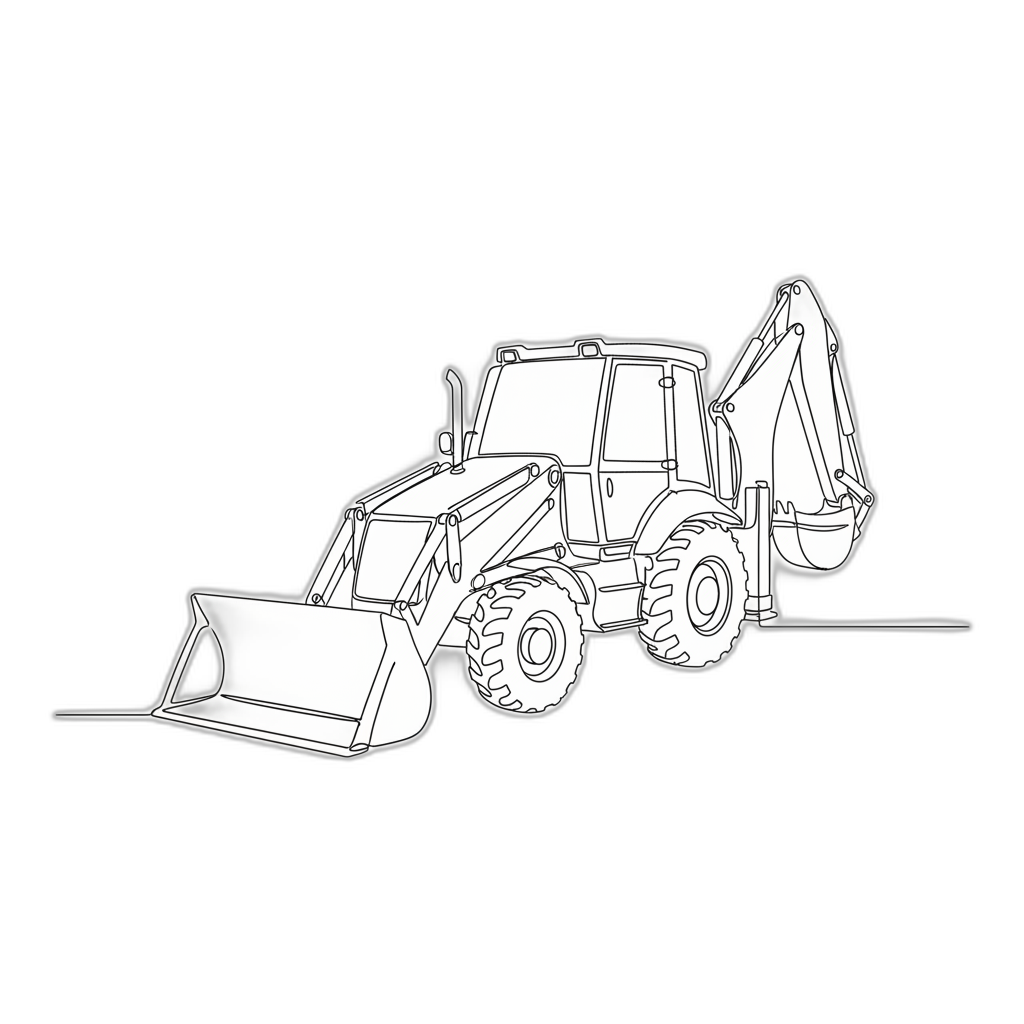
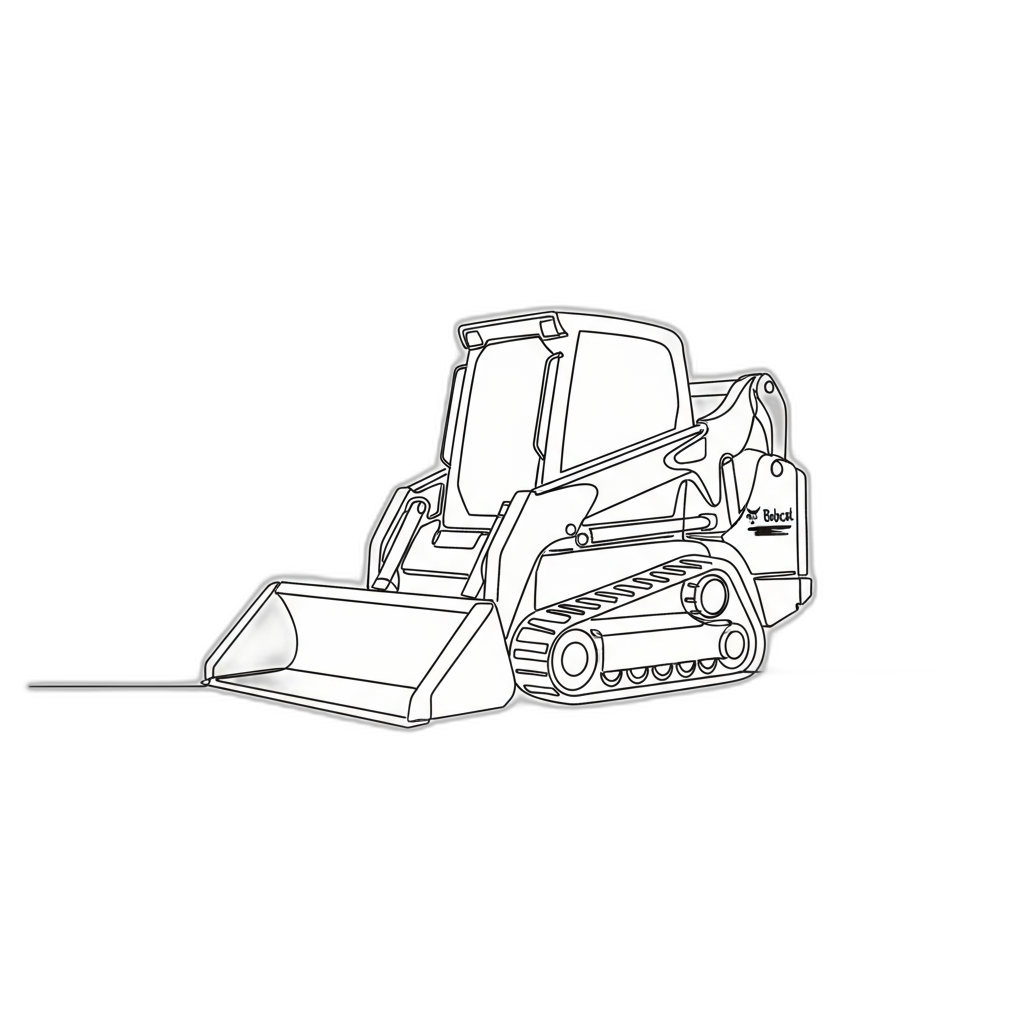
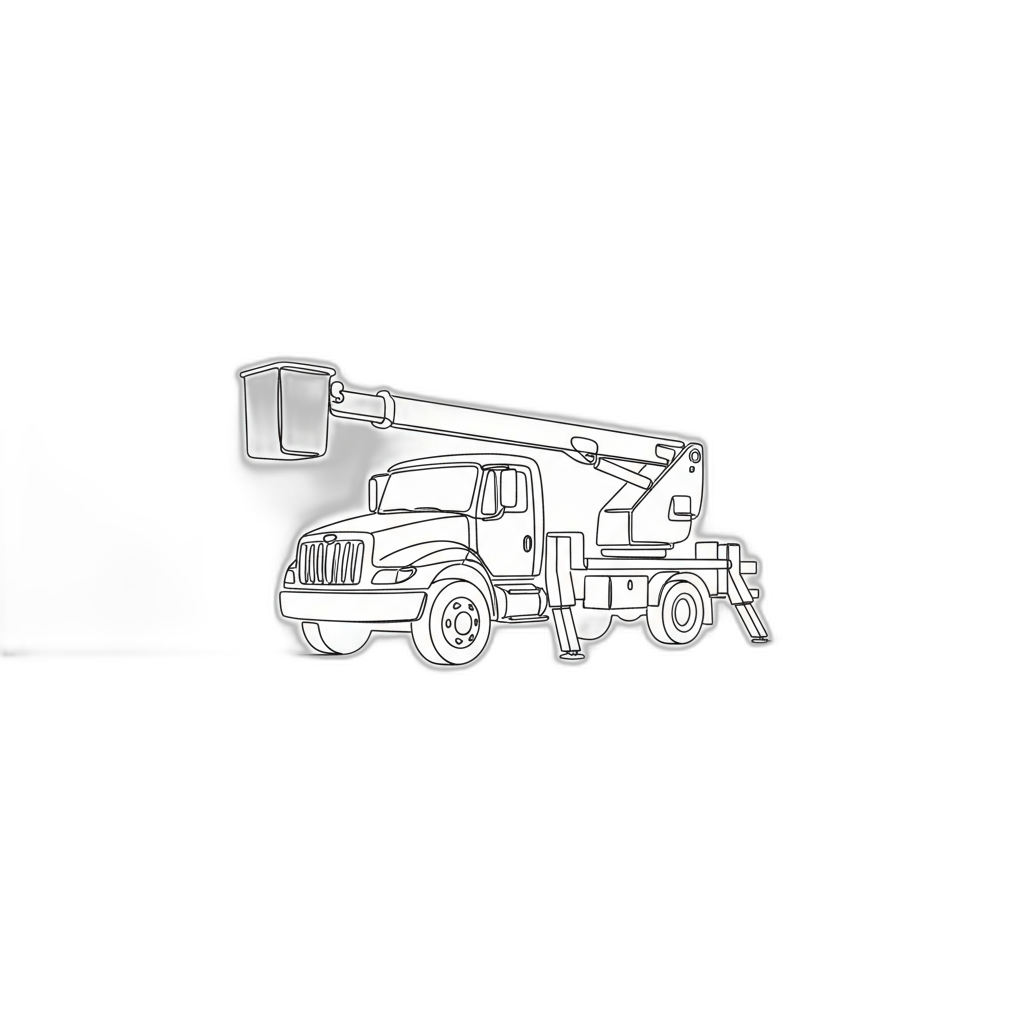
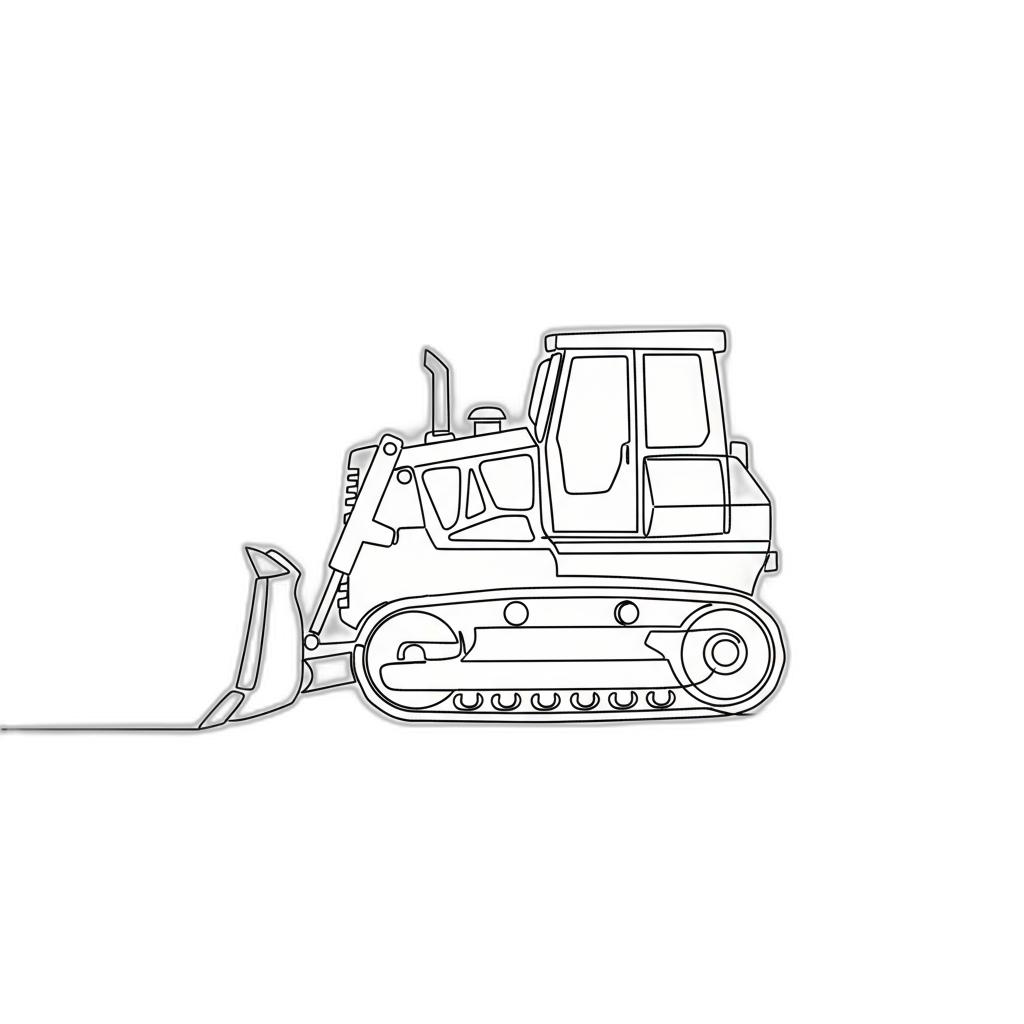



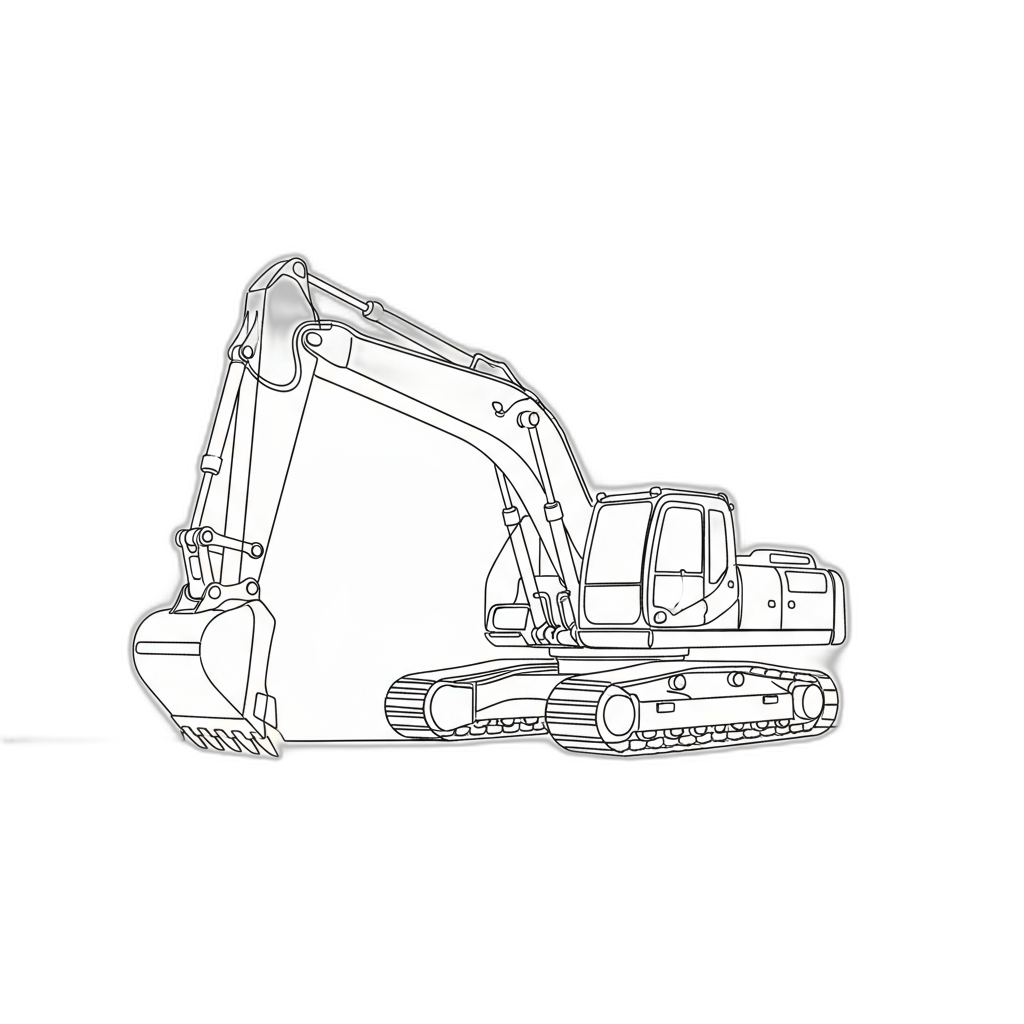
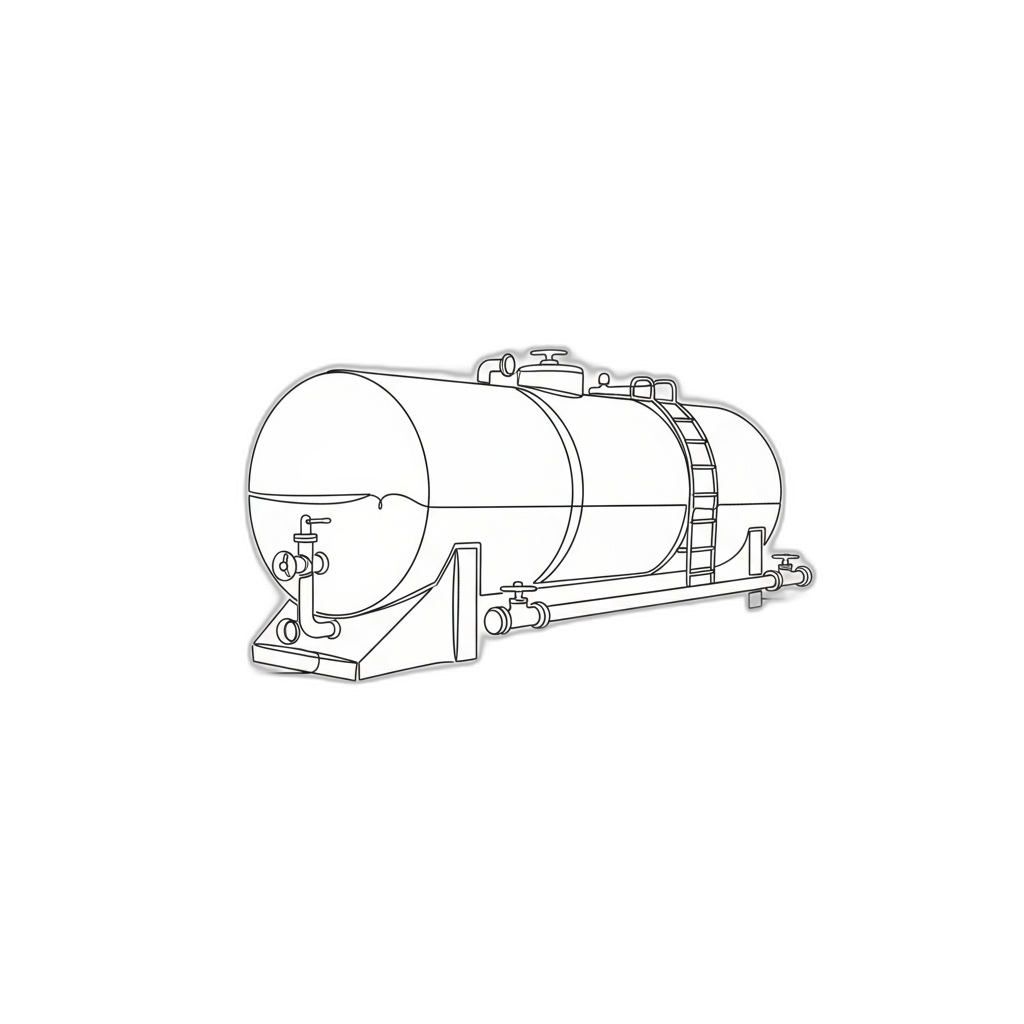

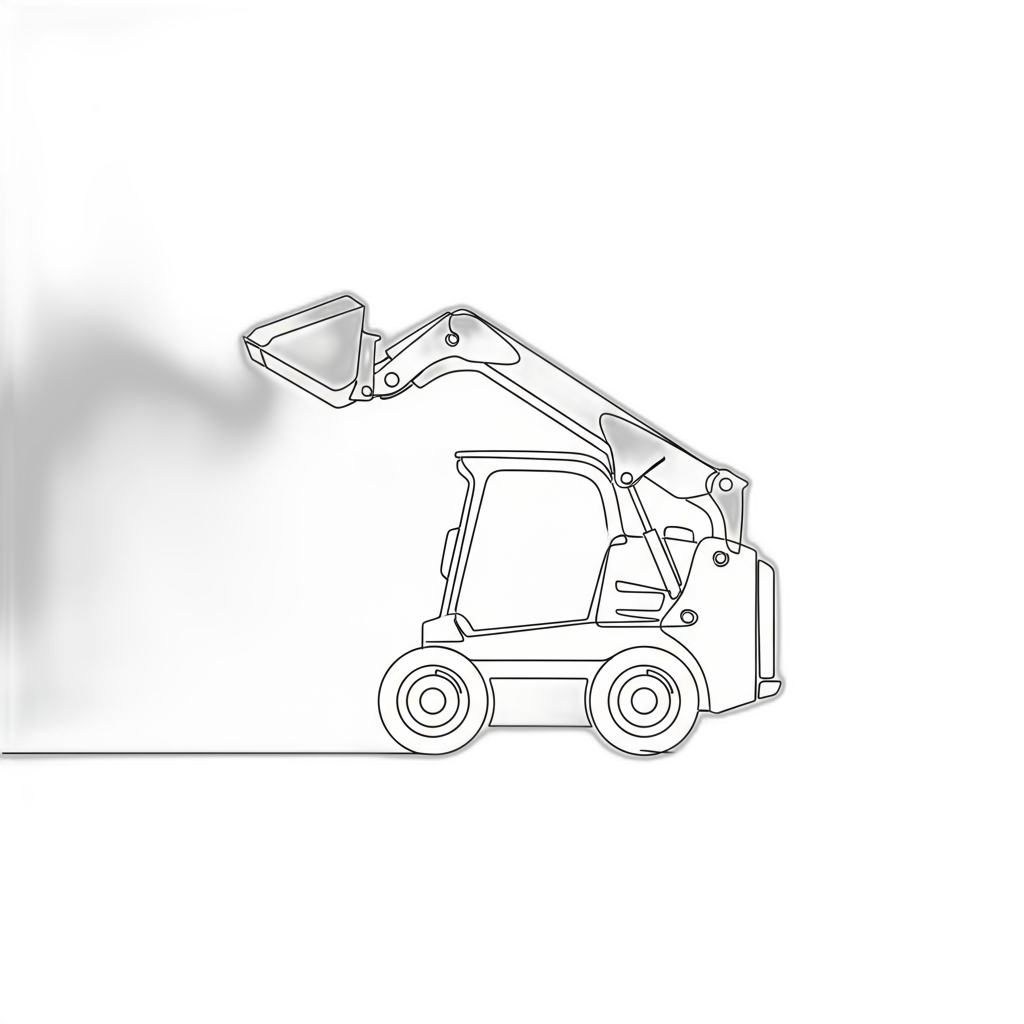


.svg)










